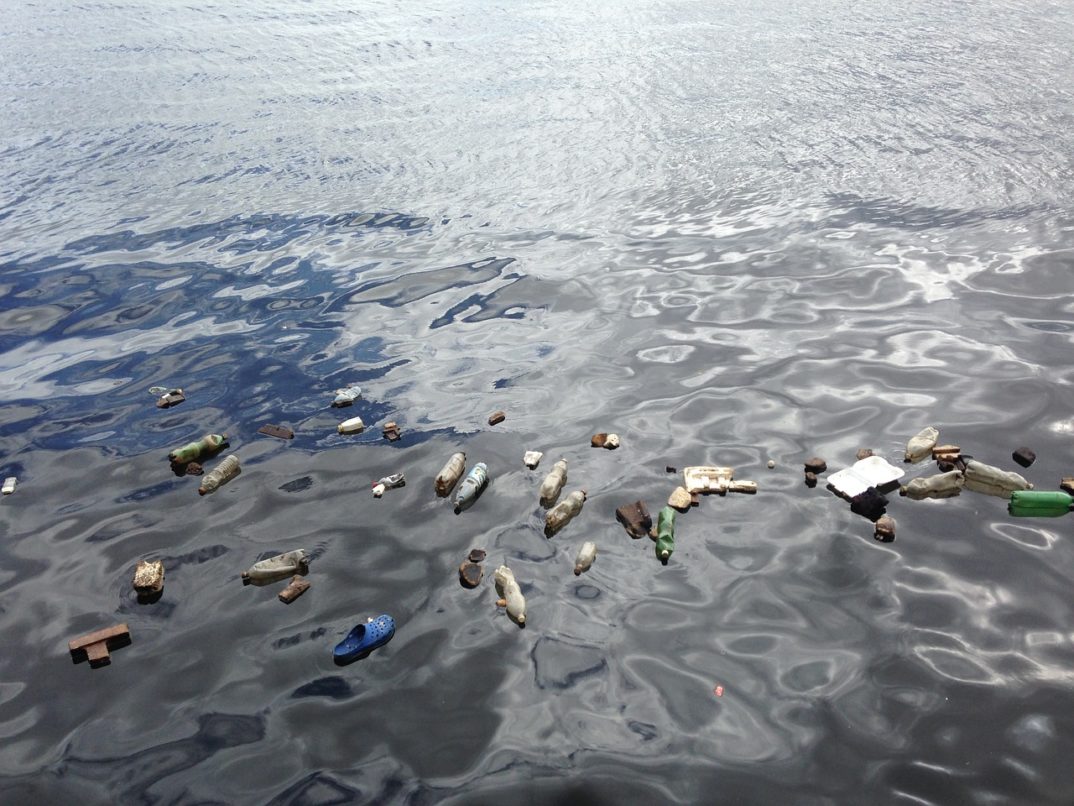Funko – creators of, among other things, the prolific Pop! vinyl figures clogging up toy aisles – made headlines last month when it announced that it would be sending $30 million of its products to the landfill. Such an announcement isn’t hugely surprising. Corporate greed – and complete disregard for the environment – are nothing new. What’s curious, however, is that just two weeks later, Funko announced its exclusive Earth Day “I Care Bear.” For Funko, this is an annual tradition: commemorating Earth Day with an exclusive figure packaged in recycled cardboard. According to the description for this year’s figure, the “I Care Bear” shows “unwavering commitment to protecting the planet” and “bears a friendly reminder that we all need to do our part in caring for Earth.”
There’s a certain audacity in this figure being released by a company that – only weeks earlier – announced its intention to dump tons of plastic toys into the ground. It’s a paradigm case of “greenwashing” – the exaggeration of a company’s environmental credentials purely for the purposes of marketing.
But Funko isn’t alone in attempting to put a more environmentally friendly veneer on toy production. MGA has followed Funko’s lead and released an Earth Day edition L.O.L. Surprise! Doll in paper packaging. In MGA’s case, however, this item marks a concerted move towards plastic-free packaging for a line whose central gimmick is based upon the opening of a sequence of surprise elements – each of which was previously wrapped in a gratuitous amount of plastic. Even Hasbro – one of the largest and oldest toy companies – is now introducing plastic-free packaging across its lines of Star Wars, Marvel, G.I. Joe, and Transformers figures.
These developments give rise to an important moral question: Is there any value in reducing plastic packaging when the product being sold is, itself, made from plastic?
The answer here, it seems, is “yes.” It’s true that all plastic production comes at an environmental cost. The industry is enormously energy intensive and – as a result – high-emission, with annual plastic production adding more than 850 million metric tons of greenhouse gases to the atmosphere every year. That’s the same emissions produced by around 200 five-hundred-megawatt coal power plants. By 2030, the annual emissions cost of the plastic industry is estimated to almost double to 1,340 million metric tons per year.
But it also matters what we do with this plastic once it’s produced. Arguably, there’s an important difference between a plastic product (like an action figure) that we plan to keep indefinitely, and the disposable packaging that will almost immediately be discarded.
Around two-fifths of all plastic produced is used as packaging – meaning that it goes through this environmentally-costly production process only to be thrown away. While around 13% of that plastic is recycled, the rest isn’t – instead finding its way into landfills (where it doesn’t decompose), being incinerated (at a cost of around 5.9 million metric tons of greenhouse gases per year) or finding its way into the oceans as microplastics. That’s why states like California have banned “single-use plastic” items including bags, cups, straws, bottles, and plates.
What this means is that – even if we were to keep buying the same plastic items – having those products delivered in entirely plastic-free packaging would manage to reduce our plastic consumption by a whopping 40%.
Which brings us to a second moral question: if any reduction in plastic consumption is a good thing, should we praise companies like Funko for at least doing something to make a difference?
There are certainly good consequentialist reasons for thinking so. Even if a company like Funko produces only one toy in recycled or plastic-free packaging every year, that’s still one less item’s worth of plastic waste entering the environment. And isn’t that better than no change at all? It’s the same kind of reasoning that motivates us, as individuals, to make any environmental improvements we can to our lifestyles – especially when it comes to things like reducing our carbon footprint.
But other moral analyses – like Kantianism, for example – look beyond the consequences of our actions and focus instead on our reasons for acting. And that’s where the real problem lies when it comes to the likes of Funko. While items like the “I Care Bear” might pay lip-service to environmental concerns, their other actions (like dumping tons of figures into a landfill, and continuing to use non-recycled single-use plastic packaging across the roughly 230 Pop! figures they release each year) belie their true intentions.
There is a right way in which a company can make positive environmental changes and use those changes to garner the goodwill of consumers. LEGO, for example, is making a move towards delivering its bricks in 100% sustainable packaging by the end of 2025. This, however, comes after several years of concerted efforts to make its entire manufacturing process more environmentally friendly, with over 90% of their waste already being recycled, and their production facilities now entirely balanced by renewable energy.
Funko, however, has made no similar moves. This makes the Earth Day “I Care Bear” – at best – a cynical marketing exercise and – at worst – an attempt to actively deceive shoppers regarding the company’s true attitude towards our environment.






